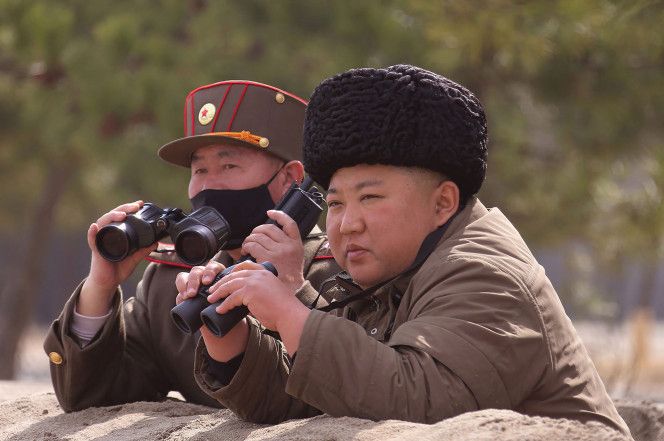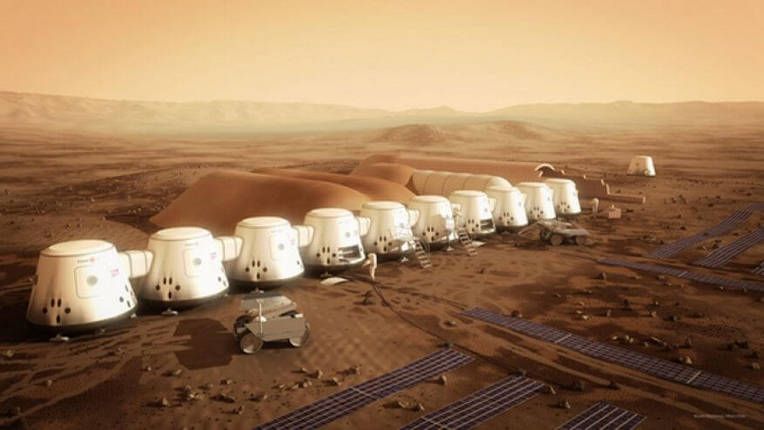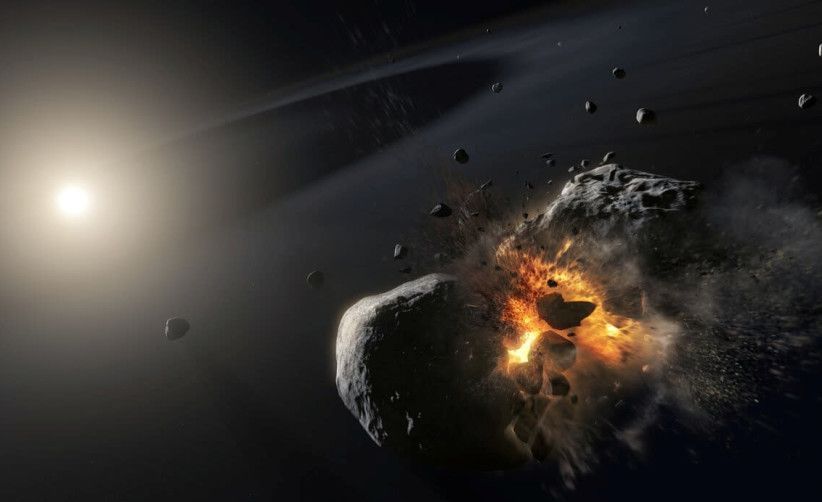“Potentially Hazardous Asteroids (PHAs) are currently defined based on parameters that measure the asteroid’s potential to make threatening close approaches to the Earth. Specifically, all asteroids with a minimum orbit intersection distance (MOID) of 0.05 au or less are considered PHAs,” NASA said in a statement.
According to NASA, asteroid 2020 ND is about 170 metre-long will be as close as 0.034 astronomical units (5,086,328 kilometres) to our planet. The asteroid is travelling at a great speed of 48,000 kilometres per hour. The distance from the earth is what categories this asteroid as “potentially dangerous”.
2016 DY30 is headed in the direction of Earth at a speed of 54,000 kilometres per hour whereas 2020 ME3 is travelling at 16,000 kilometers per hour. The 2016 DY30 is the smaller asteroid of the two as it is 15 feet wide.






